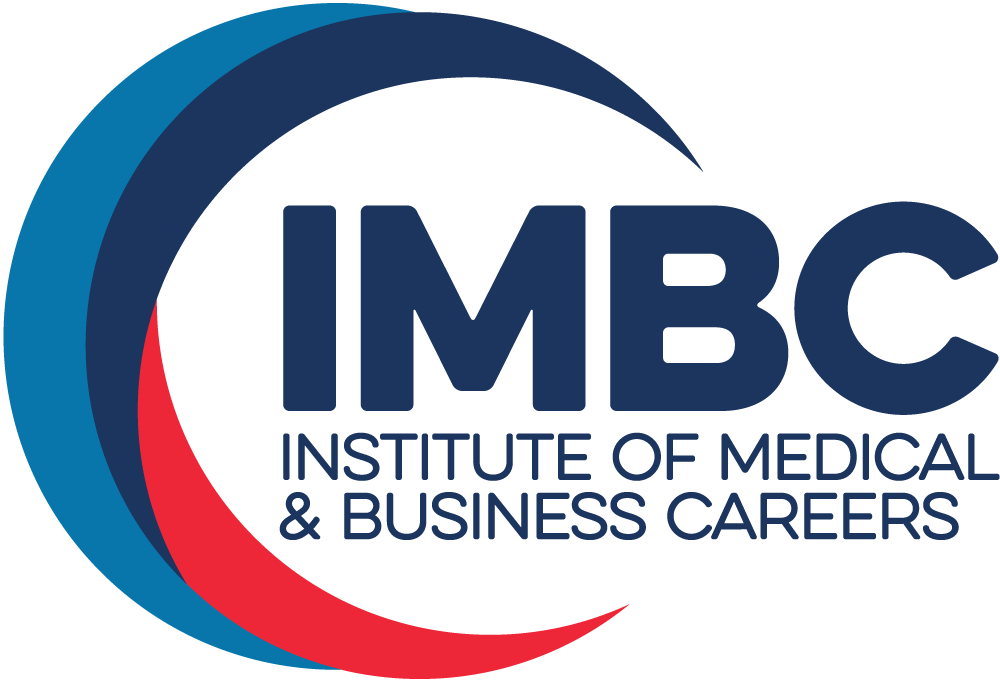Medical coding has become an integral part of how the modern healthcare industry functions. Every action, from procedures to diagnoses to the use of specialized equipment, has codes associated with it. These codes are used in maintaining patient records and billing for services. Handling this work is called medical billing and coding, and the professionals who do this work are specially trained for it. Let’s explore how medical coding works and what working in a medical billing and coding role is like.
How Medical Coding Works
In simple terms, medical coding is the process of taking information about the care a patient has received and translating it into standardized alphanumeric codes. This serves three purposes:
- Ensuring that a patient’s medical history is tracked accurately
- Facilitating correct billing and insurance processing
- Maintaining records for the reference of medical researchers
Different code systems are used for things like diseases, symptoms, procedures, technologies, and the supplies and equipment used. For example, according to CPT (Current Procedural Terminology) code guidelines, the alphanumerical code for a mammogram procedure is 77067.
Medical Billing and Coding Jobs
Medical billing and coding jobs may or may not require a level of specialization. This will depend on the specific medical setting and whether it is an outpatient setup or a facility, but a typical day in the life of a coder will look something like this:
- Get to work, settle in, and start reviewing the previous day’s notes from the doctor and patient consultations.
- Code the diagnoses, procedures, equipment, and services in line with each patient file for medical insurance carriers and government agencies to make payment.
- The biller checks that all the information and coding are correct and included in the claims.
- They submit these claims to medical insurance carriers or government agencies.
- After receiving payment, the medical biller distributes these accordingly and manages any queries.
Medical Billing and Coding Classes
Attending medical billing and coding classes teaches you how to review doctor and patient records with painstaking care. Becoming an expert translator of doctor/patient interactions into accurate universal medical alphanumeric coded histories requires study and training that covers the following:
- Anatomy and physiology
- Medical procedures
- Current Procedural Terminology (CPT codes)
- International Classification of Diseases (ICD-10 codes)
- Healthcare Common Procedure Coding System (HCPCS)
- Payer rules and policies, and more
How Can I Get a Medical Billing and Coding Job?
The Institute of Medical and Business Careers (IMBC) offers medical billing and coding classes at our Pittsburgh and Erie campuses. The course lasts approximately 14 months, and you may be able to complete some of your classes online. Toward the completion of the program, all students participate in an internship that lets them practice their skills in a real healthcare setting with professional supervision.
Contact IMBC today for more information about starting your medical billing and coding career!
